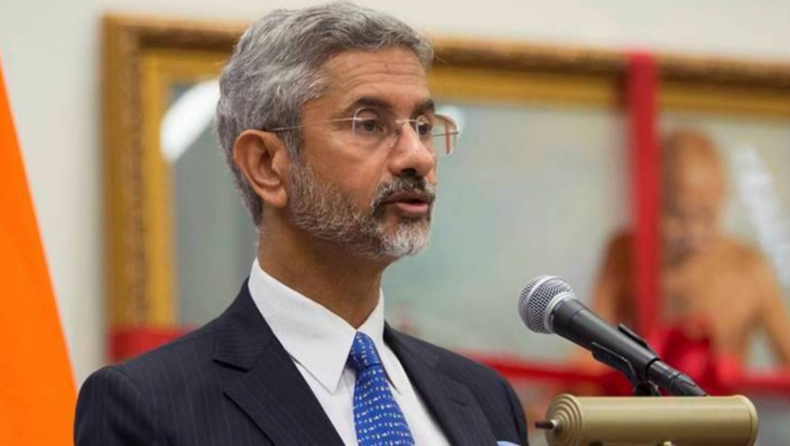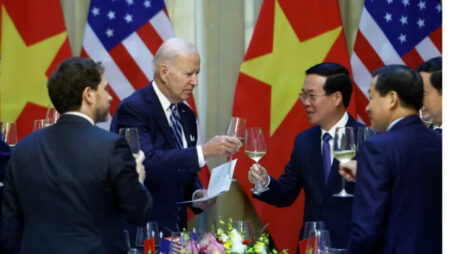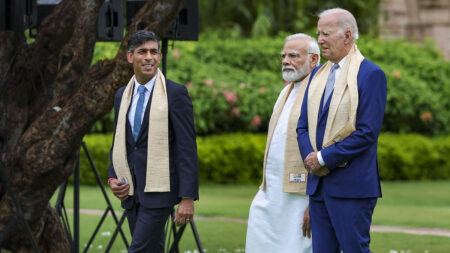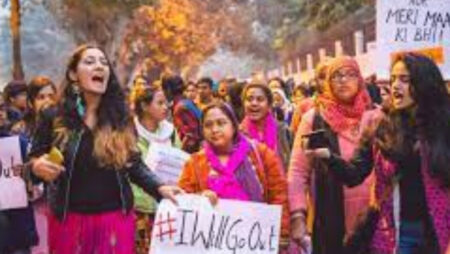While wrapping up his visit to Sri Lanka on 30 March, the External Affairs Minister of India, S. Jaishankar, said that “timing is key” in order to deal with the grave economic crisis in Sri Lanka efficiently. He added that the Indian system is working “overtime” to expedite its aid to its neighbour.
“In a situation like this, things cannot be done at a normal pace. Everything must be fast-tracked. Our system is working overtime. What would have taken weeks earlier is now taking days,” he said.
The External Affairs Ministers briefed Indian Journalists at the BIMSTEC Summit
The recently completed credit line of $1 Billion from India for essential imports would also be functional shortly, added the External Affairs Minister.
The politician briefed Indian journalists based in Colombo before his departure to New Delhi. The External Affairs Minister was in Colombo to attend the BIMSTEC-Bay of Bengal Initiative for Multi-Sectoral Technical and Economic Cooperation summit.
He told the journalists that while India may not be Sri Lanka’s top creditor, it is the country’s closest neighbour. “We are approaching it [Sri Lankan crisis] like a sensible, good neighbour, keeping politics out of it,” he stated.
The diplomat pointed out the $500 million loan deferral, the $400 million RBI currency exchange, the recent billion-dollar credit line extended by New Delhi this year and the $500 million credit line for fuel.
The Bilateral Agreements Between the Two Nations Helped Strengthen Sri Lanka’s Position
Jaishankar stated that while India has stepped up without fail to assist its neighbours in times of natural disasters or the 2020 pandemic, the decision to aid Sri Lanka with its economic crisis was relatively novel for the nation, admitting that Sri Lanka’s “needs are more”.
The External Affairs Minister observed that the recent bilateral agreements, which included investment in the private sector from India, had “strengthened Sri Lanka’s overall position.” He pointed out how the scale of India’s investment is a statement in itself.
India has signed various long-negotiated agreements since January, including the development of the energy projects set up by the National Thermal Power Corporation and the Adani Group in the north and east and the Trincomalee Oil Tank Farms in eastern Sri Lanka.
Opposition Leader in Sri Lanka Vary of The Way Adani Group Made Its Mark in The Country
Several commentators in Sri Lanka have linked these agreements to Indian financial assistance, suggesting a shift from Jaishankar’s last visit to Sri Lanka in early 2021. The discussions between the representatives of the two nations were dominated by the slow-paced progress of the projects backed by India in Sri Lanka.
“Today, there is a sense of collaboration and cooperation,” he said.
The political opposition in Sri Lanka still continues to question why the Adani Group used the “backdoor entry’ into the island nation’s energy sector rather than the usual competitive bidding process, which is mandated by the energy laws in Sri Lanka.
When questioned about the criticism emerging in Sri Lanka, the Indian Minister of External Affairs said the Indian government does not concern itself with the private sector investment.
“After 25 years, the BIMSTEC charter is done, and there is a formal organisational structure now. This is important as SAARC is stuck because of Pakistan,” Jaishankar said as he congratulated the island nation for successfully hosting the BIMSTEC summit in 2022 even as the country faces its own challenges along with the pandemic.
Published By – Damandeep Singh
Edited By- Kritika Kashyap













